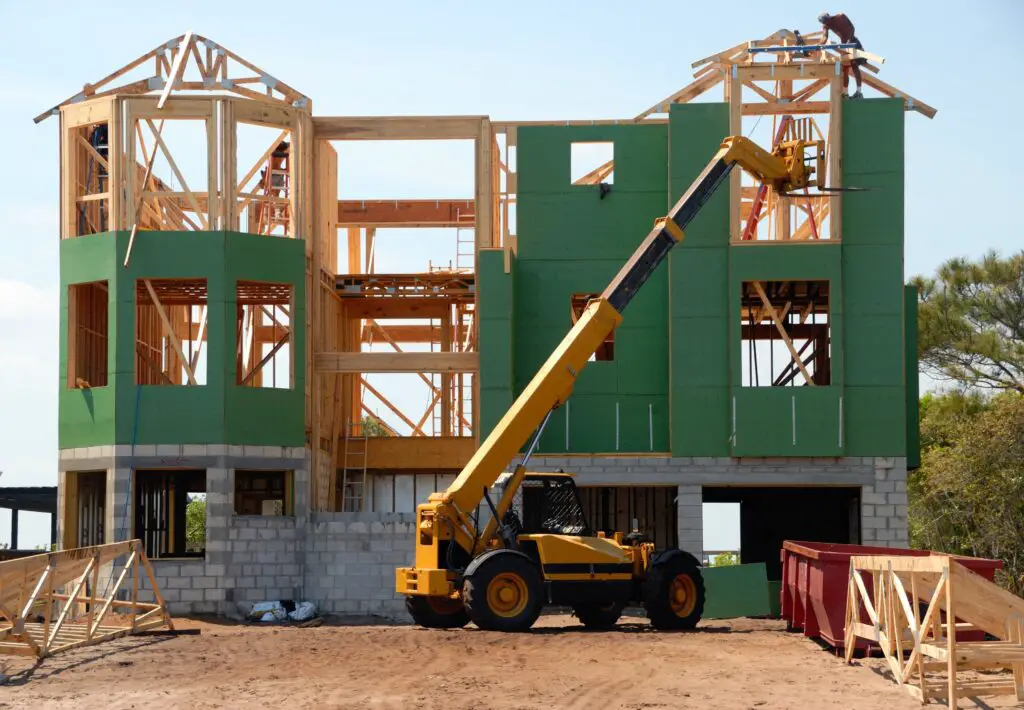
The Global Impact of Construction: A Guaranteed Comprehensive Analysis
Construction, a fundamental aspect of human civilization, has played a crucial role in shaping the world we live in today. From the towering skyscrapers that define modern cityscapes to the ancient wonders of the world, construction has left an indelible mark on our planet.
While the construction industry contributes significantly to economic growth and urban development, it is essential to examine the broader effects of construction on the environment, society, and the global economy.
In this extensive article, we will delve into the multifaceted impact of construction on the world.
I. Economic Impact
- Job Creation: Construction is a significant source of employment globally. It provides jobs to millions of people, from architects and engineers to laborers and skilled craftsmen, driving economic growth and reducing unemployment rates.
- Economic Growth: Construction fuels economic development by generating demand for materials, machinery, and various services. It contributes to a country’s GDP and acts as a barometer for overall economic health.
- Infrastructure Investment: Government and private sector investments in construction projects, such as roads, bridges, and public facilities, are vital for improving transportation networks and fostering regional development.
II. Environmental Impact
- Resource Consumption: Construction is resource-intensive, with a substantial demand for materials like concrete, steel, wood, and energy for heating and machinery. This results in the depletion of natural resources.
- Greenhouse Gas Emissions: The construction industry is a major contributor to carbon emissions due to energy consumption, transportation of materials, and the release of gases from building materials. Sustainable building practices are essential to mitigate these emissions.
- Habitat Destruction: Large-scale construction projects often lead to habitat destruction and biodiversity loss, affecting ecosystems and wildlife. Mitigation measures like sustainable urban planning can help reduce these impacts.
- Waste Generation: Construction generates a vast amount of waste, including debris, packaging, and discarded materials. Proper disposal and recycling are crucial to manage this environmental issue.
III. Social Impact
- Urbanization: Construction has led to rapid urbanization, drawing people from rural areas to cities in search of better opportunities. This shift has brought both benefits and challenges, such as increased population density and strain on urban infrastructure.
- Housing Accessibility: The construction of affordable housing is essential to address housing shortages and ensure that all people have access to safe and decent living conditions. This is a critical social issue, particularly in urban areas.
- Cultural Heritage: Construction projects often threaten cultural heritage sites and historic landmarks. Preservation efforts are vital to maintain a connection to our cultural roots.
IV. Global Impact
- International Trade: Construction materials, equipment, and expertise are globally traded, contributing to international cooperation and economic interdependence.
- Infrastructure Development: The construction of infrastructure like ports, airports, and highways facilitates global trade and connectivity, contributing to the globalization of economies.
- Climate Change Mitigation: Green building practices and sustainable construction technologies have a global impact by helping reduce carbon emissions and combat climate change.
Conclusion
The effects of construction are complex and far-reaching, with both positive and negative implications for the world. While construction drives economic growth and job creation, it also poses challenges to the environment, society, and global interconnectedness.
It is essential to strike a balance between development and sustainability, adopting practices that minimize adverse impacts on the world.
As the construction industry continues to evolve, it is crucial to consider the global consequences of our building activities and work toward a more sustainable and inclusive future.
To see other material construction prices, please see here.
To know other construction guides, tips, and methodology for beginners, veterans, and contractors, please see here.
